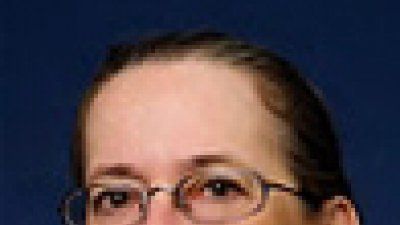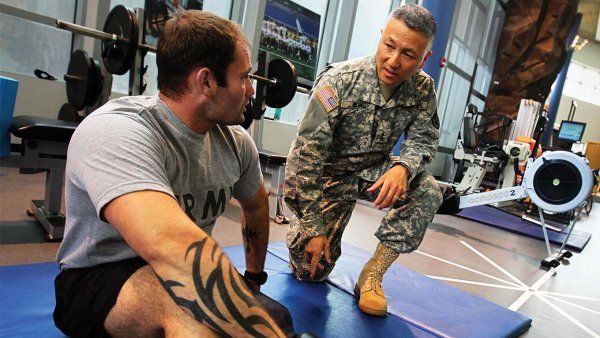UCSF Researchers Collaborate to Translate Discoveries into New Solutions for Advancing Health
<p>UCSF is a health-sciences research powerhouse – a premier academic medical center that values not only the physician who designs clinical trial protocols for promising experimental drugs, but also the talented lab scientist who unearths nature’s secrets on the molecular and cellular levels.</p>





